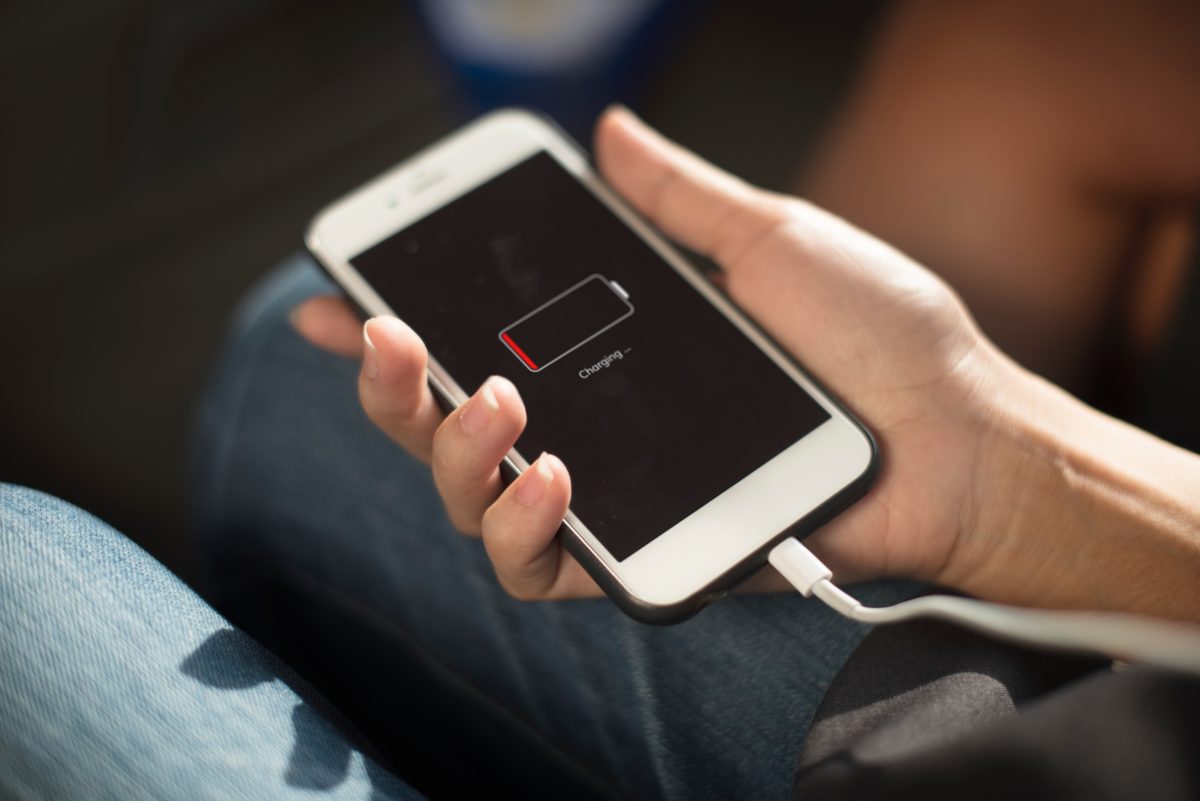If you think back to, say, the 90s, we’re living in a Jetsons-like future world: We carry lightning-fast computers in our pockets and engage our light switches in conversation.
But if there’s one thing that scientists have yet to master is the one thing we use pretty much all day long in one capacity or another: the battery.
Think about it. You can chat face-to-face with a friend in Japan, watch a movie, go grocery shopping and do your banking on your smartphone – which drains its lithium ion battery in about the same amount of time as an old transistor radio drained those bulky D-batteries.
Future batteries will charge almost instantly inside devices that can be rolled up or folded, and they’ll be nearly indestructible. In a recent article on UDaily, at University of Delaware professors Thomas Epps, III and Kipp Gutshall discuss polymer science in the development of a future-battery.
Simply put, Epps is working to develop a whole new material that will make these new batteries possible – and safe. (We’ve all heard about exploding smartphones and vape pens).
“All of these challenges came from batteries that have safety and stability issues when the goal is to push performance,” said Epps, an expert in designing and fabricating conducting membranes useful in energy generation and storage devices.
One way to overcome this challenge in the lithium-ion batteries for the above devices is to improve the battery membranes — and the associated electrolytes — that are designed to shuttle the lithium ions, which offset the electrical charge associated with charging and discharging the battery.
At UD, Epps’ team has patented an idea to improve battery performance by introducing tapers into the polymer membrane electrolytes that allow the lithium ions inside the battery to travel back and forth faster.
Read the whole article at UDaily.
Join the conversation!
Find news, events, jobs and people who share your interests on Technical.ly's open community Slack

Delaware daily roundup: AI isn't that new; Delaware Earns launches early; Prelude Therapeutics grant

Delaware daily roundup: 20+ things to do in May; Technical.ly's Dev Conference; Dupont earnings

Delaware daily roundup: DE innovation leaders; High schoolers win STEM competition; New Ladybug Fest location


